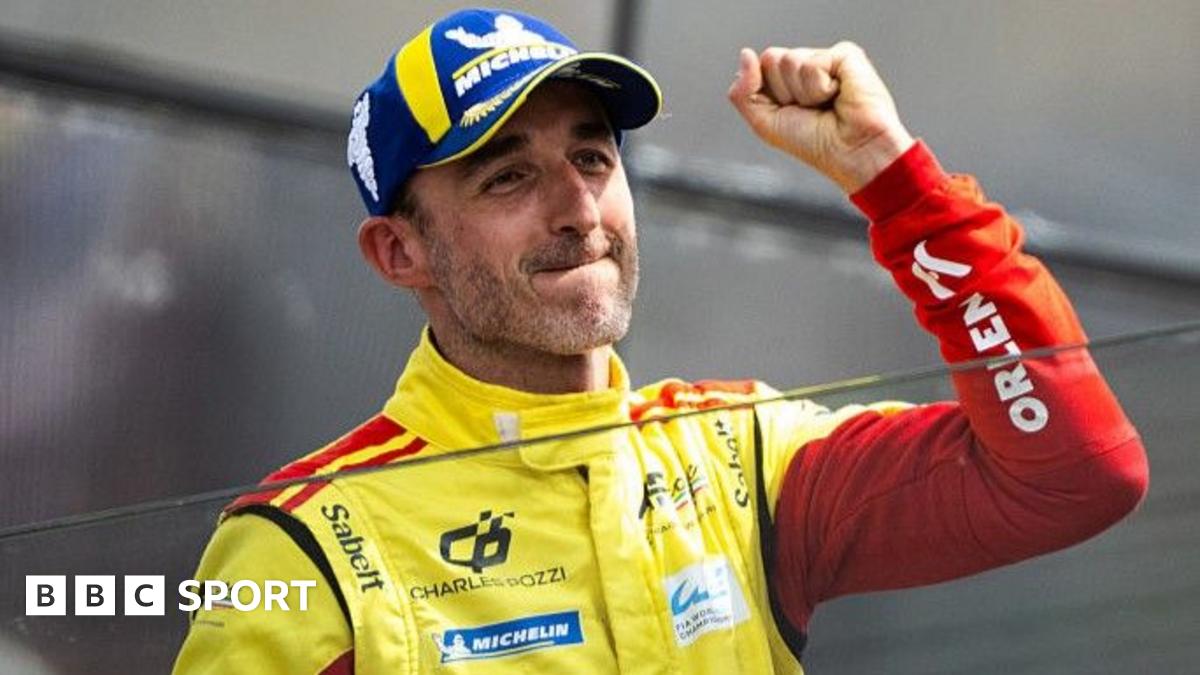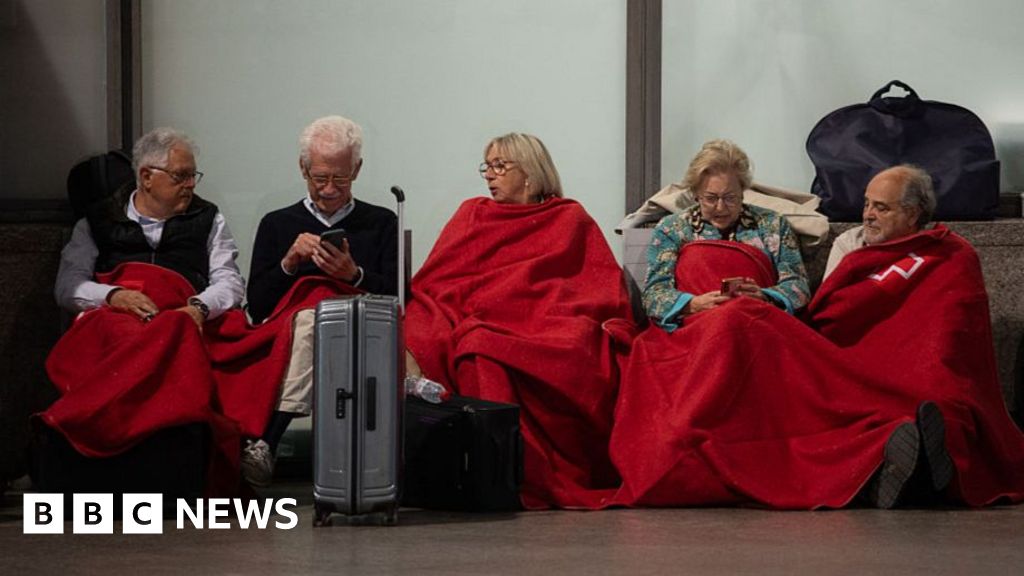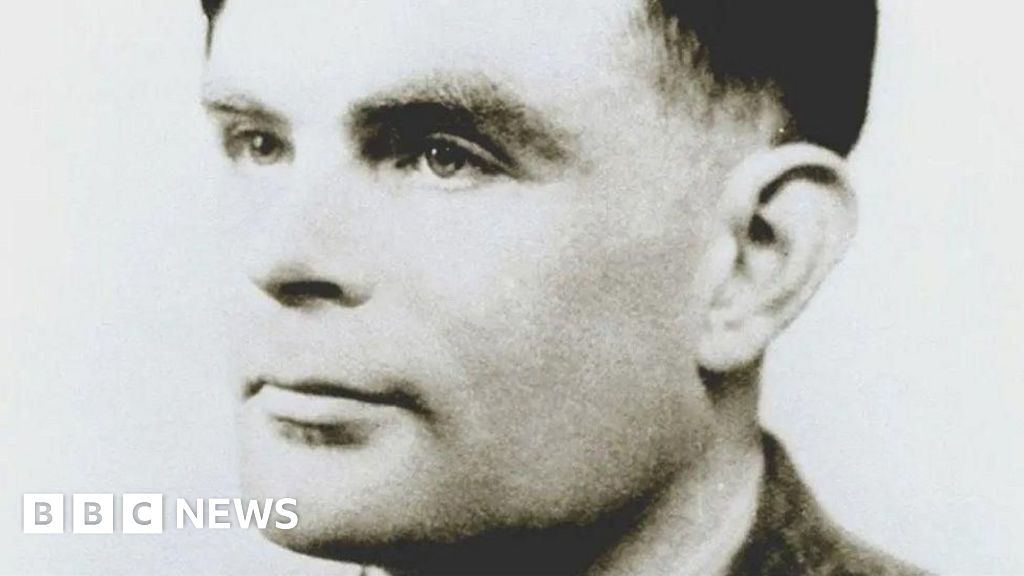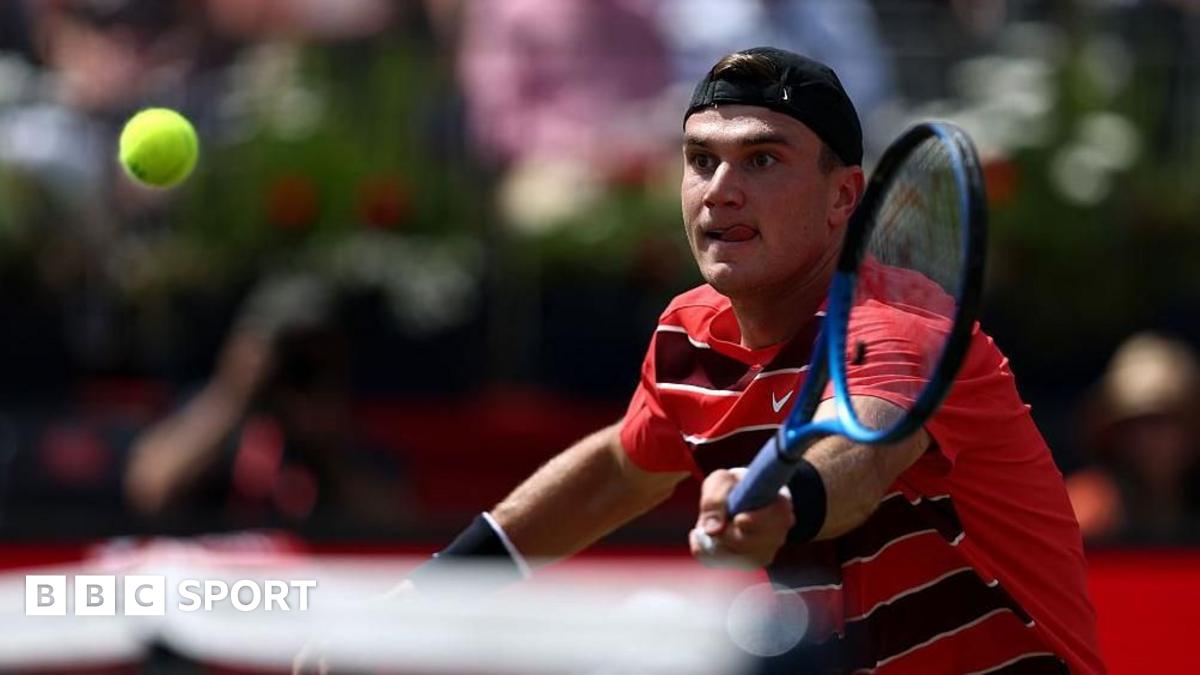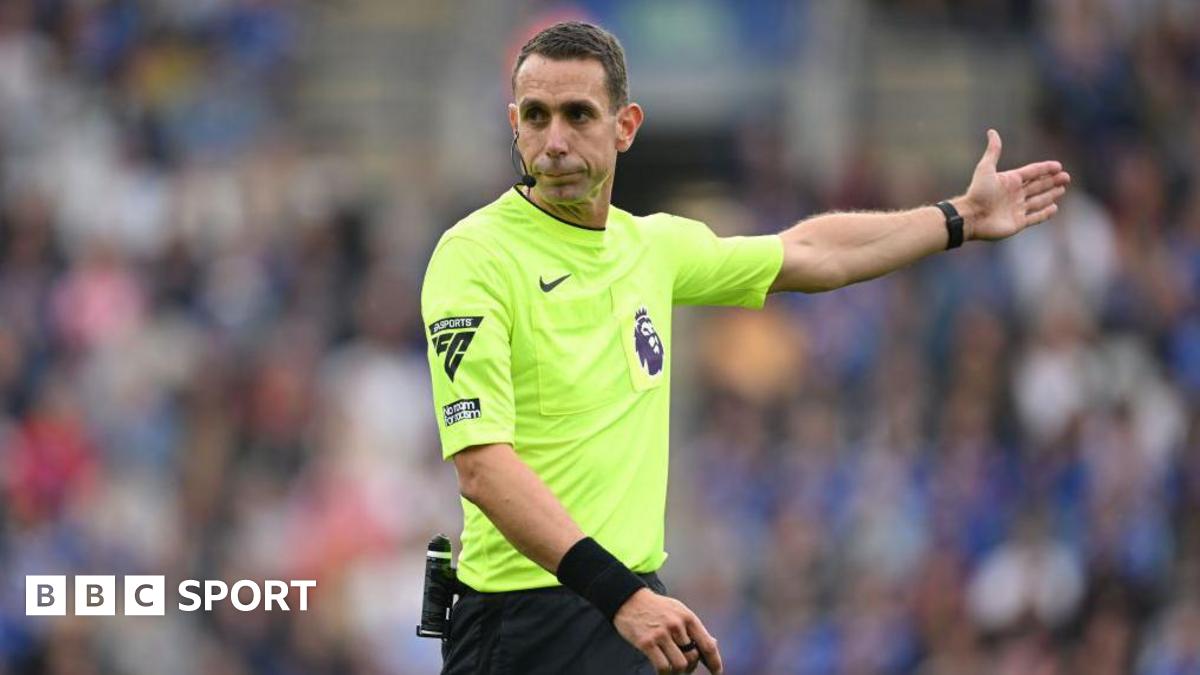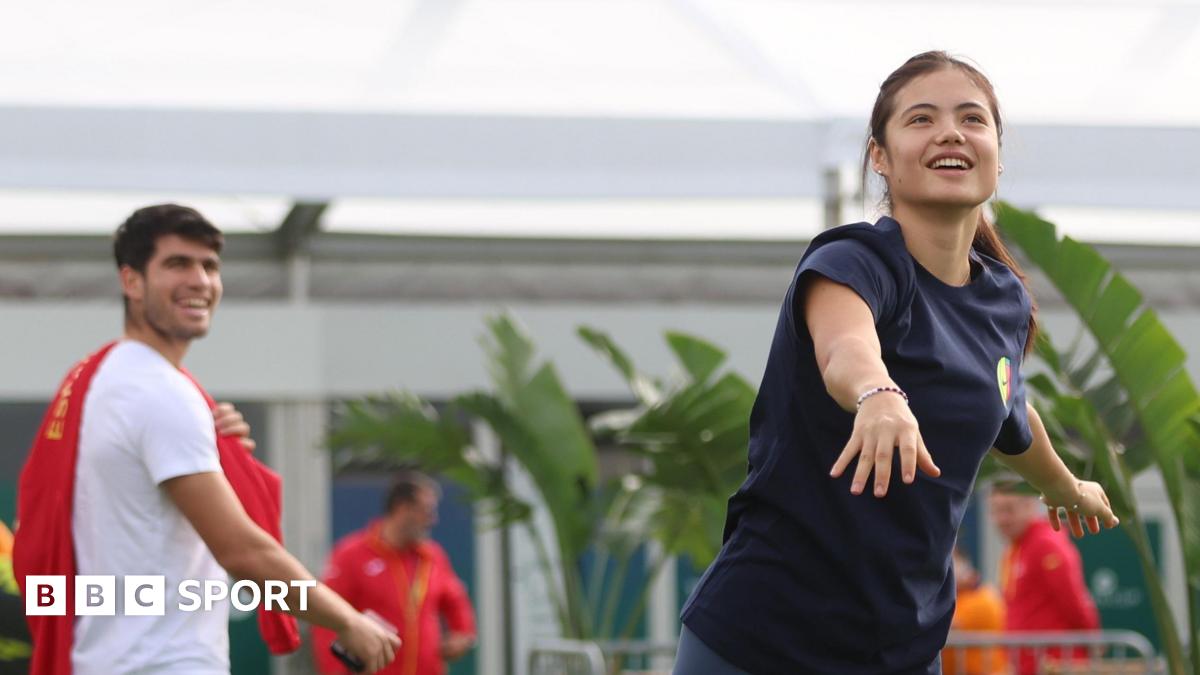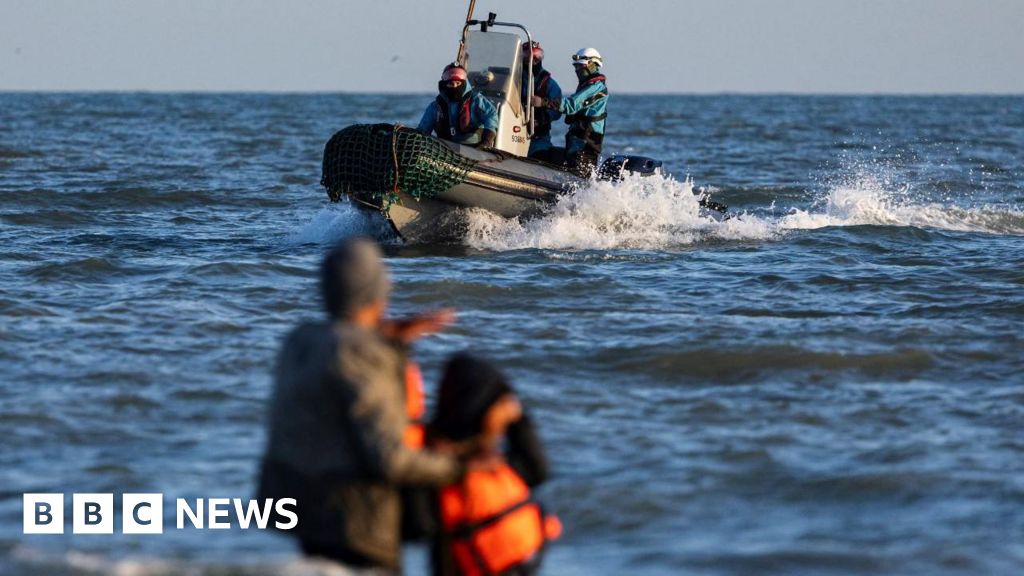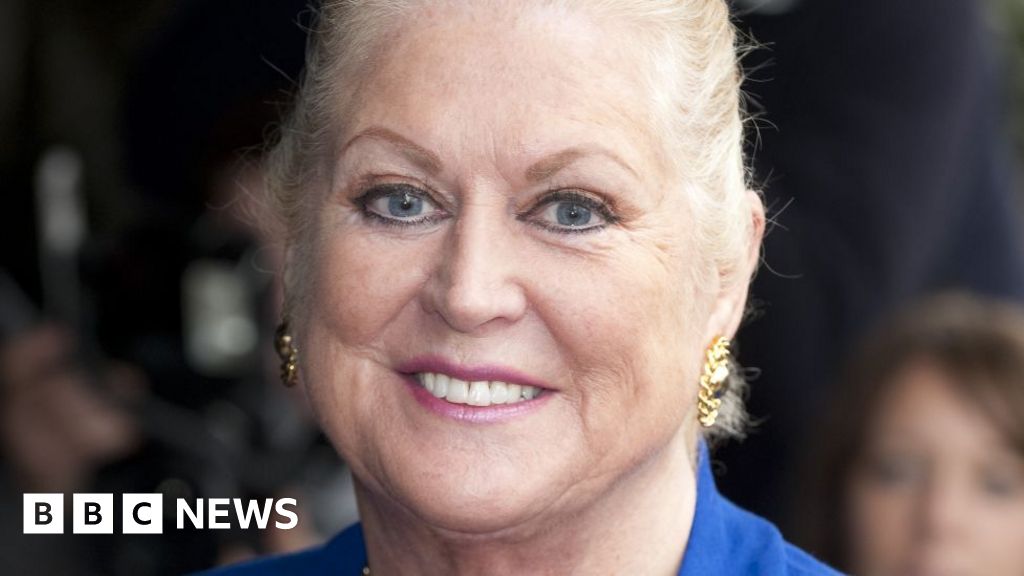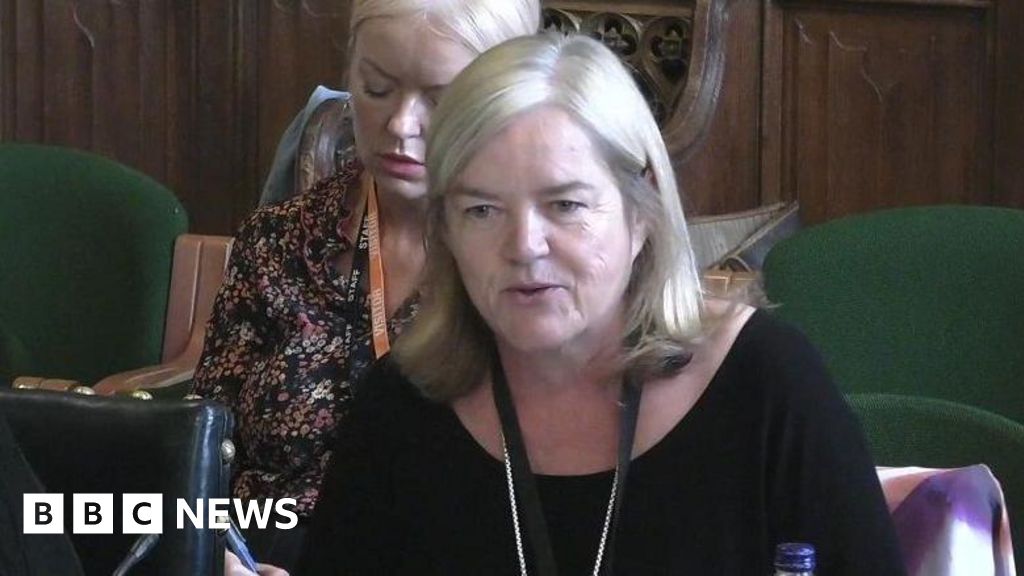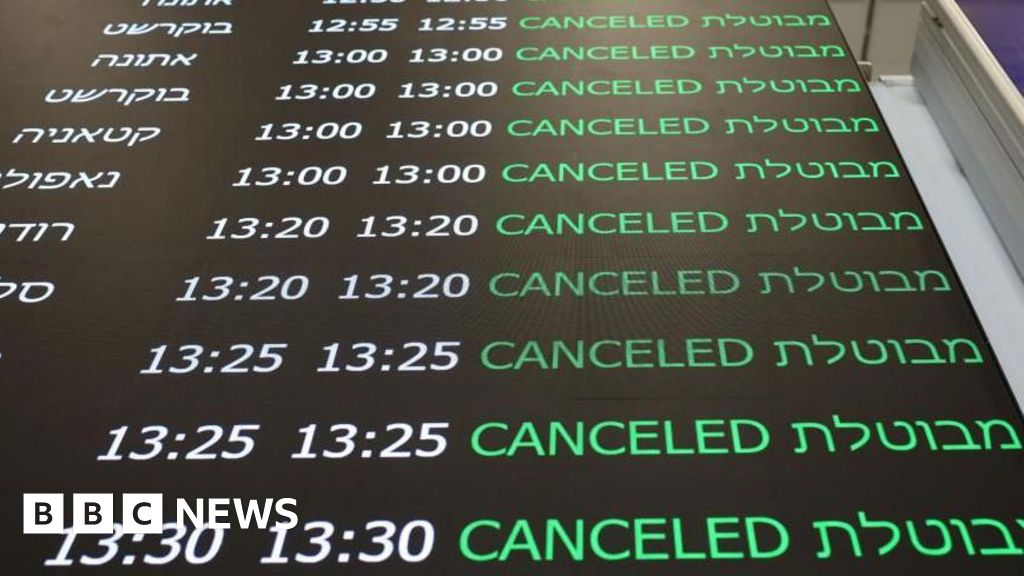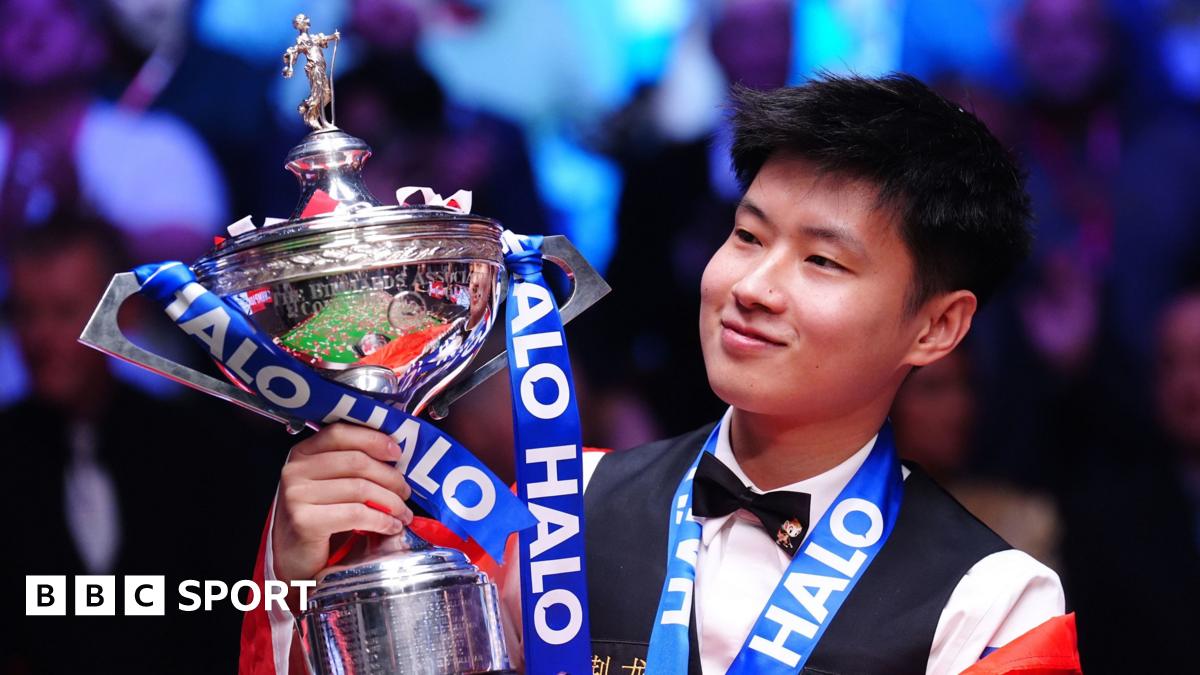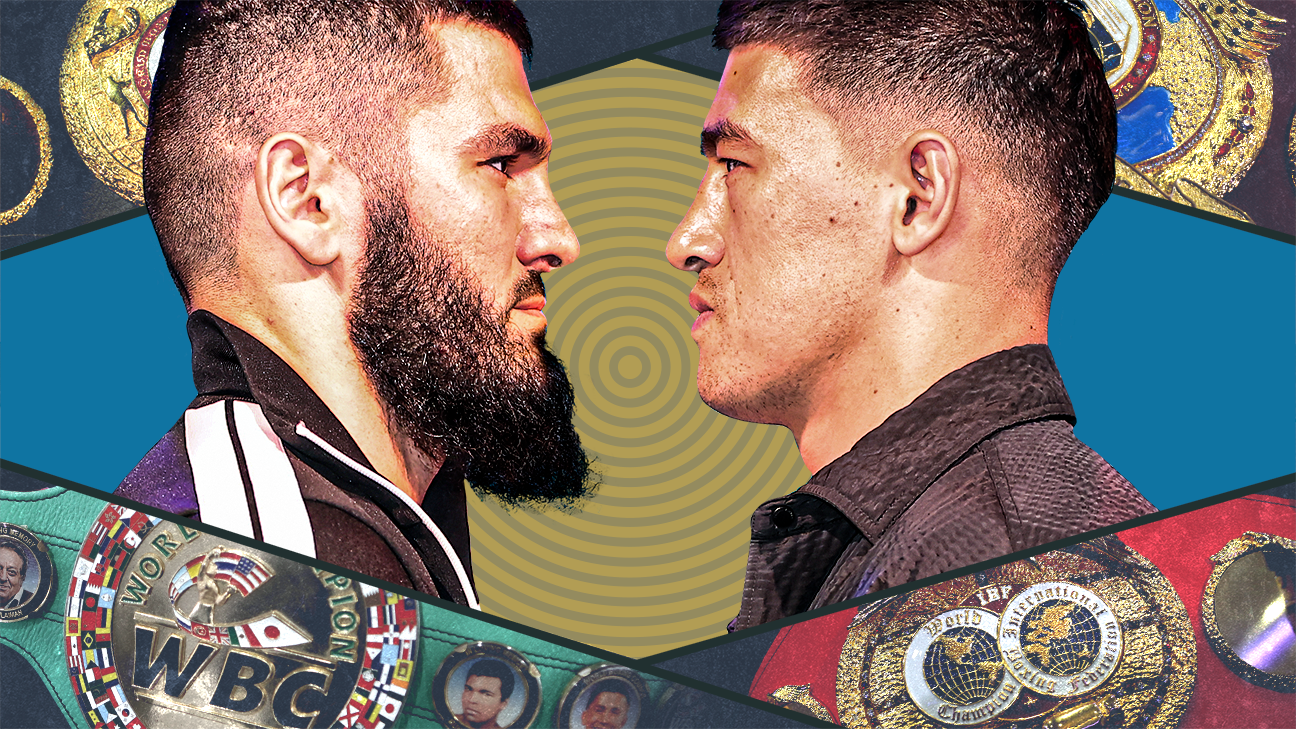George Russell grabbed Mercedes' first win of the season at the Canadian Grand Prix but the main story of the race was the McLaren drivers.
Lando Norris and Oscar Piastri collided after the Briton misjudged the gap as he attempted to pass his team-mate.
Max Verstappen finished second and rookie Kimi Antonelli claimed his first Formula 1 podium with third.
BBC Sport F1 correspondent Andrew Benson answers your latest questions after the race in Montreal.
Do you think McLaren should have issued team orders in the race and allowed Lando Norris past Oscar Piastri to go after Kimi Antonelli? - Keegan
McLaren have made their approach to handling their two drivers abundantly clear over the past two seasons - they allow them to race.
They say the only time that will change is when one of them is not in contention for the championship and the other is, in which case - as last year - one may be told that circumstances could arise in which they are asked to support the other.
The only restrictions McLaren put on them are what they would describe as their guiding principles - give the other car space and, as team principal Andrea Stella put it after their crash together on Sunday in Canada: "There should be no contact between two McLarens."
The sort of situation described in the question is not unusual in F1.
But in McLaren's specific situation this year, with both drivers competing for the championship, and each other's main rival, it's hard to see how it could work without causing problems and undermining the message they're trying to give to the drivers.
It would also run counter to the team's ethos. Culture, to which everyone buys in, is central to Stella's management.
This season Piastri is in another league compared to his team-mate. The incident in Canada was a direct result of Lando making yet another mistake. McLaren need to prioritise Oscar for the rest of the season, surely? - Anon
To describe Piastri as "in another league" from Norris this year is a bit of a stretch, to say the least.
There's no doubt Piastri has had a better season than Norris so far, and been the more convincing of the two McLaren drivers. Hence his advantage in the championship and in their head-to-head stats in both races and qualifying.
But in terms of outright performance, there is little between the two, and they are more or less swapping the position of the faster McLaren driver each weekend.
The key this year so far is that Piastri is delivering his best on a more consistent basis than Norris. The Australian is beating Norris, not only on the weekends when he is quicker, but also on some of the weekends when the Briton looks like he probably is, because of the errors he is making.
Canada was a case in point. Had Norris strung his qualifying together, he would probably have been ahead of Piastri on the grid, in which case he would likely have finished ahead of him as well.
The same could have been said of Saudi Arabia and Miami. In Jeddah, Norris crashed in qualifying, trying too hard. In Miami, he qualified ahead but tangled with Verstappen on the first lap, allowing Piastri past.
There is no doubting Norris' speed, but it's also undeniable that he is making too many mistakes this season. He knows it; the team know it. And they're trying to help him with it.
Of course, the question is, why is this happening? Is he feeling the pressure from Piastri? Of being in the best car and this being his best chance of a world title so far in his career? A combination of both, and perhaps other factors as well?
Whatever it is, he certainly needs to get out of the headspace he is in and find a way to get into a place where things flow more naturally for him. Where, essentially, he is not over-striving.
As for the question of prioritising Piastri, that goes back to the first answer. Other than in specific circumstances, that's not how McLaren go racing, and it's hard to see a strong argument for it at the moment.
The McLaren is not the fastest car every weekend. But it is consistently the fastest car so far this year.
Their drivers are one and two in the championship, and relatively comfortably so. What would be the argument for them to prioritise Piastri in those circumstances?
Canada looks like a win for Max Verstappen. Whilst there's chaos around him, can his consistency win him the title? - Ed
Verstappen certainly had a good weekend in Canada. He probably maximised his result with second place behind Mercedes' George Russell, and he gained points on both McLaren drivers. With one or two exceptions, he is having another excellent season.
But let's not forget that it's only two weeks since there was "chaos" around Verstappen, too, after his collision with George Russell in Spain.
McLaren and their drivers certainly consider Verstappen a threat for the title, even if he has said a few things that suggest he does not think it is a realistic prospect against the McLaren this year, at least the way the competitive picture stands at the moment.
Both Oscar Piastri and Lando Norris have a handy points advantage over Verstappen, despite the Briton's mistake in Canada.
It's not easy to win the championship in a car that is not consistently the fastest on the grid. Verstappen could yet do it, but he is certainly not the favourite and the odds are stacked against him, however brilliant he is.
Why do Red Bull lodge so many protests? It was yellow flags and now it's a safety car infringement - Shaun
Red Bull's protest against George Russell in Canada was their second in five races against the same driver.
In Miami, they protested against Russell with the argument that he had not slowed sufficiently for yellow flags.
In Montreal, it was on the basis that he had driven erratically behind the safety car and engaged in unsportsmanlike conduct.
The stewards' report said Red Bull argued that Russell had braked unnecessarily heavily behind the safety car, which led to Verstappen passing him. Overtaking under the safety car is not allowed.
The unsportsmanlike aspect of the protest was about Russell pointing out that Verstappen had overtaken him in those circumstances.
According to the stewards' report: "Red Bull suggested that (Russell) complained about the overtake on his team radio knowing that it would be overheard by race control and in the hope that (Verstappen) would be investigated."
Horner mentioned that the protest would also include a claim that Russell had left too large a gap behind the safety car. But that was not in the case Red Bull put forward, according to the stewards' report.
Red Bull withdrew that because Russell was correctly following the yellow-flag delta times on his dashboard, which meant he could not keep the required 10 car lengths to the safety car.
Horner said the regulations were "pretty binary, pretty clear". But the stewards rejected the protest outright as "not founded", and accepted Russell's explanations.
Horner said of Sunday's protest: "It's certainly not personal to George."
F1 is an extreme environment which is all about going right up to the edge of the rules to try to gain a competitive advantage.
Red Bull's credo is to push to the absolute limit in every possible area, and that includes having no compunction about trying to use the stewards and the FIA to their benefit in whatever way they feel they can.
Not all their rivals are comfortable going quite as far as Red Bull do in such situations.
On next year's calendar, Montreal and Miami are grouped together apparently to reduce greenhouse gas emissions from travel. But with a two-week break between the races, won't almost all team personnel and cargo fly back to Europe after Miami, defeating the purpose of the change? - Jacob
F1 has been pushing for a while to get Miami and Montreal to run consecutively in the calendar and they have finally managed it for next year.
The idea is to reduce carbon emissions. And while it's true that most personnel will fly back to Europe between the two races, plenty of equipment will be able to be sent directly from one to the other, which will bring transport efficiencies.
The same applies to the gaps between the long-haul races at the beginning of the season.
Of course, it's not a realistic prospect for F1 personnel to engage in a nine-month-long world tour in which they simply go from one race venue to the next. People have private lives, and work needs to be done at the teams' factories as well.
But F1 is taking its responsibilities to the environment seriously. Next year's new engine regulations feature 100% sustainable fuel and engines with a much larger hybrid component.
And when it comes to emissions, every measure taken to reduce them helps.

 6 hours ago
8
6 hours ago
8
